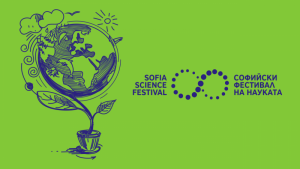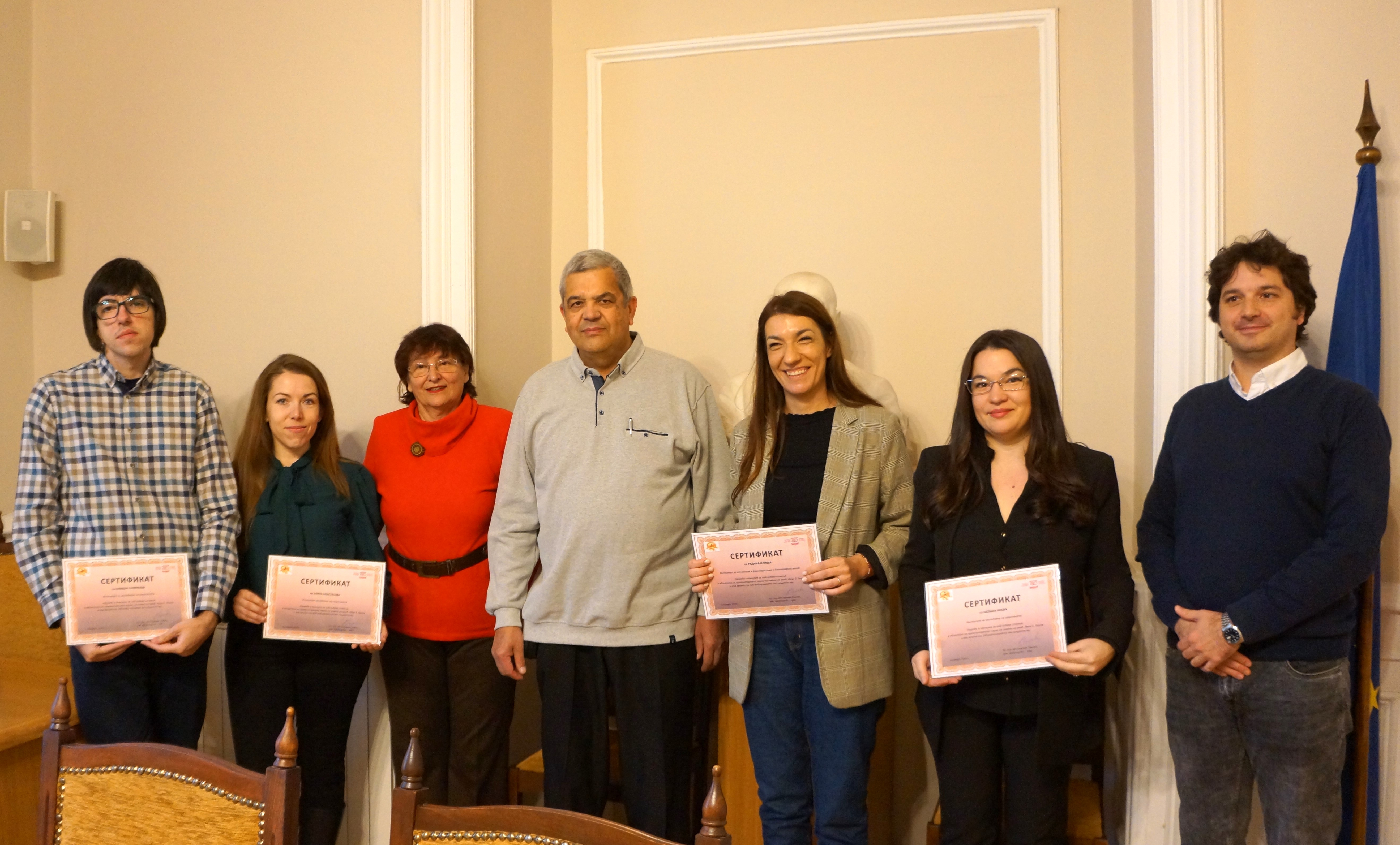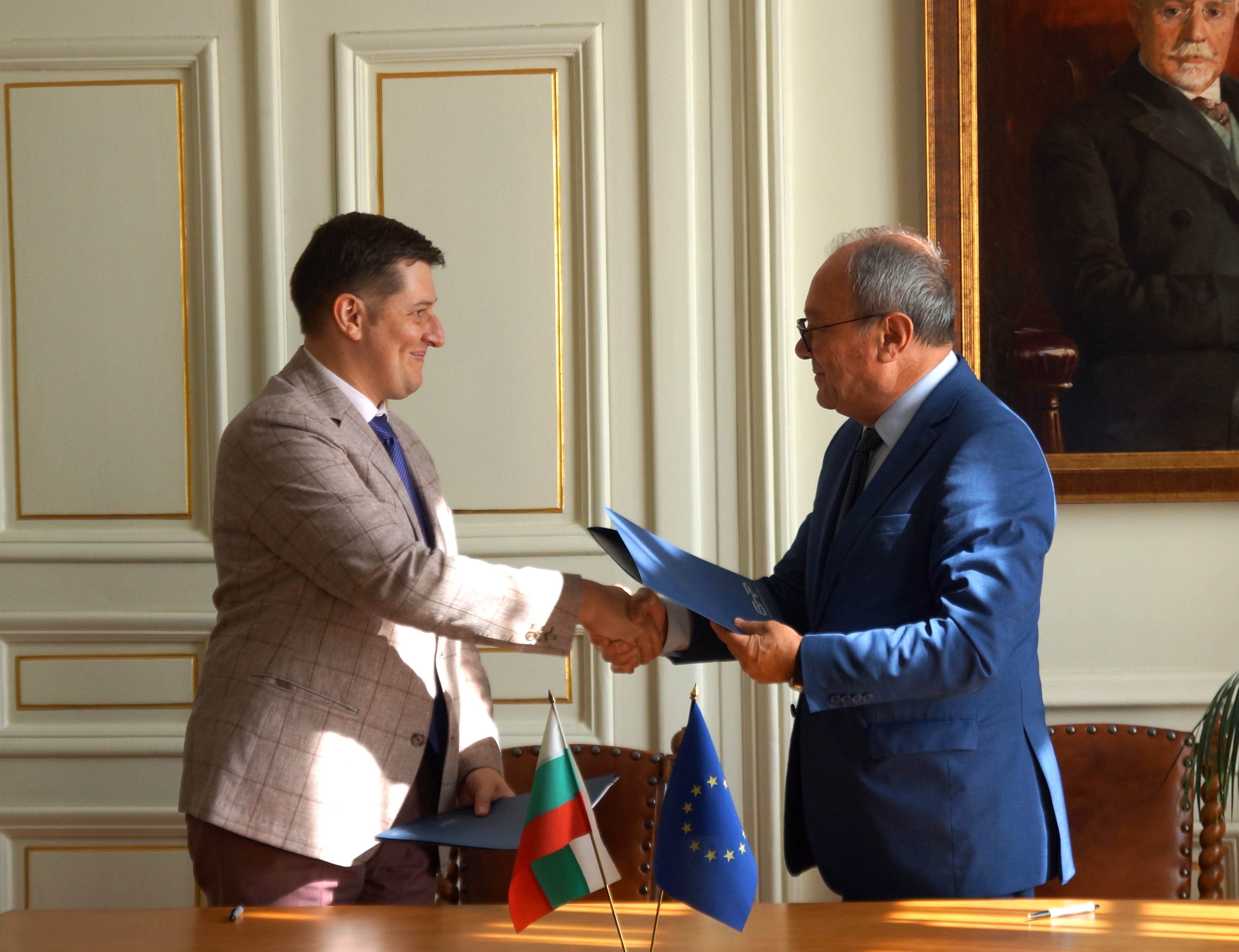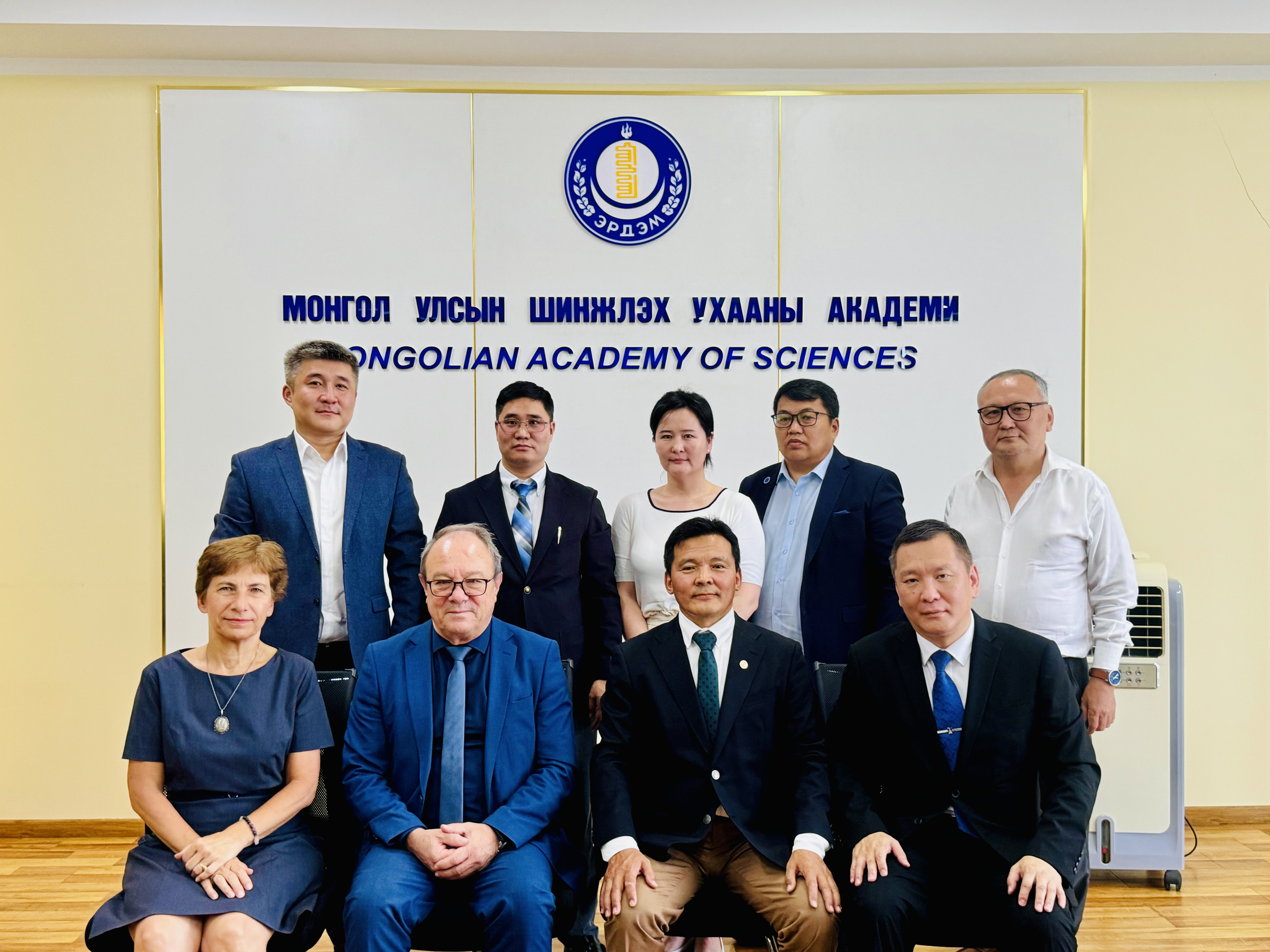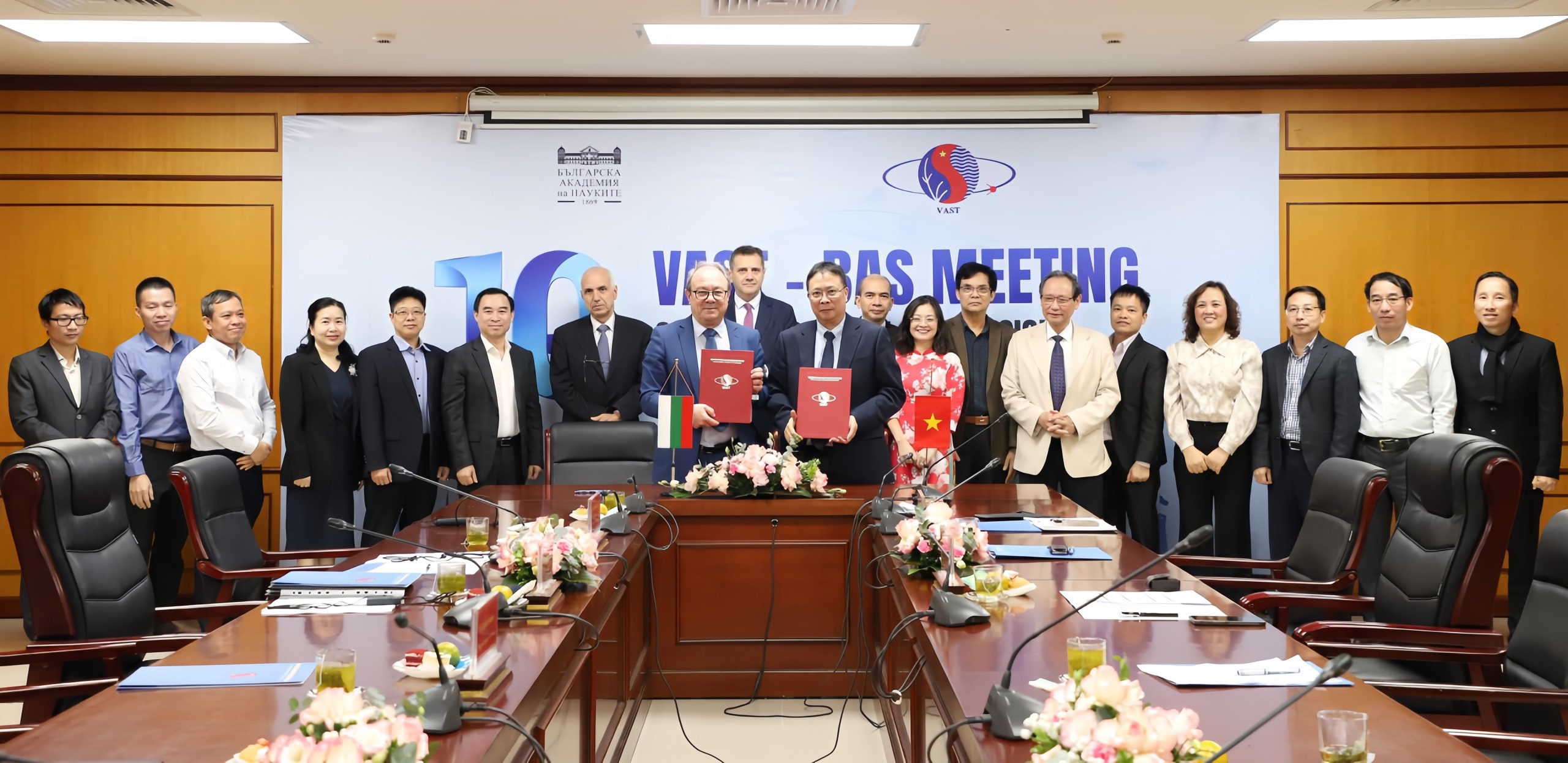XI Sofia Science Festival will be held on 15 and 16 May 2021 in Sofia Tech Park and on 17 and 18 May 2021 digitally for students. Scientists from the institutes of the Bulgarian Academy of Sciences join the initiative with presentations of interesting topics, demonstrations, scientific workshops and exhibitions. This way you will experience the world of astronomy, robotics, genetics, paleobotany, green technologies and many more.
The Sofia Science Festival 2021 is organised by the British Council under the patronage of the Ministry of Education and Science, in partnership with Sofia Municipality. The Festival is part of the Sofia Municipality’s Calendar of Cultural Events.
Programme with the participation of scientists from BAS:
15th of May 2021 (Saturday)
| 12:30Laboratory hall in partnership with Aurubis | 40 years Rozhen observatory
Assist. Prof. Georgi Latev from the Institute of Astronomy with NAO – BAS tells about the history of the institution of Bulgarian astronomy and the most impressive discoveries made there. |
general audience | ||
| 15:30Laboratory hall in partnership with Aurubis | Healthy people on a healthy planet
Prof. Pavlina Dolashka presents which extracts of plant and animal species are involved in the development of products for cosmetics, as well as for the concomitant treatment of serious diseases. |
general audience | ||
16:30
|
About bats and people
Bats live 10 times longer than most similar mammals, making them model organisms for studying aging processes. Bat biologist and caver Nia Toshkova unravels bat cells. |
general audience | ||
| 18:30Laboratory hall in partnership with Aurubis | Race with the most miniature car
Prof. Ludmil Antonov will walk us through the history of molecular machines, outline the prospects and show the molecular motor that is being developed in our country in a project led by him. |
general audience | ||
16 May 2021 (Sunday)
|
Puff-puff
Chemists Nasko Stamenov and Boris Yanachkov talk about steam through demonstrations and experiments. |
children over 12 years of age | ||
|
The (Un)Known Black Sea
Which exotic species of plants and animals is the Black Sea home to? Why were the remains of the world’s oldest shipwreck found there? Hydrobiologist Dr. Stefania Klein presents. |
general audience | ||
| 11:30Laboratory hall in partnership with Aurubis | Evolution of evolution
Violeta Zhelyazkova and Dr. Slavil Peykov trace the most important stages in the development of genetics from the writing of Richard Dawkins’ The Selfish Gene to the present day. |
general audience | ||
|
Paleobotany workshop
In this science workshop you will work with fossils millions of years old. |
general audience | ||
|
The snail healer
In the scientific workshop of Prof. Pavlina Dolashka you will make a cosmetic product for health using snail and plant extracts and vitamins. |
general audience | ||
| 19:00Laboratory hall in partnership with Aurubis | Comets
The astrophysicist Pencho Markishki talks about comets, their celestial path and brightness, their observation and imaging and missions to comets. |
general audience |
In the Discovery Zone, the Bulgarian Academy of Sciences displays:
- Rozhen at 40 with the Institute of Astronomy
- New Technologies with the Institute of General and Inorganic Chemistry
- On the Silk Road with the Institute of Electronics
- Geology of the Living Planet with the Geological Institute
- Robotics in the classroom with the Nitroclubs EU project of IICT
- Language Games with the Institute of Bulgarian Language
In the “Science” zone, Assist. Prof. Dr. Denis Chikurtev from the Institute of Information and Communication Technologies of BAS will talk about the project “Information and Communication Technologies in Robotics and Embedded Systems” (NP “Young Scientists and Postdocs” of the Ministry of Education and Science).
In the “Exhibitions” zone, the Institute of Astronomy of BAS presents an exhibition of unknown facts and photos, the most important scientific discoveries made there and plans for the future of the observatory. The National Astronomical Observatory “Rozhen” will be 40 years old in 2021. Over time, the astronomical complex has been used by thousands of scientists, and its equipment has been maintained, modernized and developed.
See a list of all event in the programme by day and time.
Due to the epidemic situation, changes may occur in both the dates and the format of the festival (digital or live), the organizers say, with the indication for the most up-to-date information at https://www.britishcouncil.bg/sofia-science-festival


